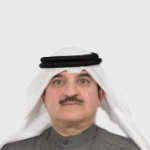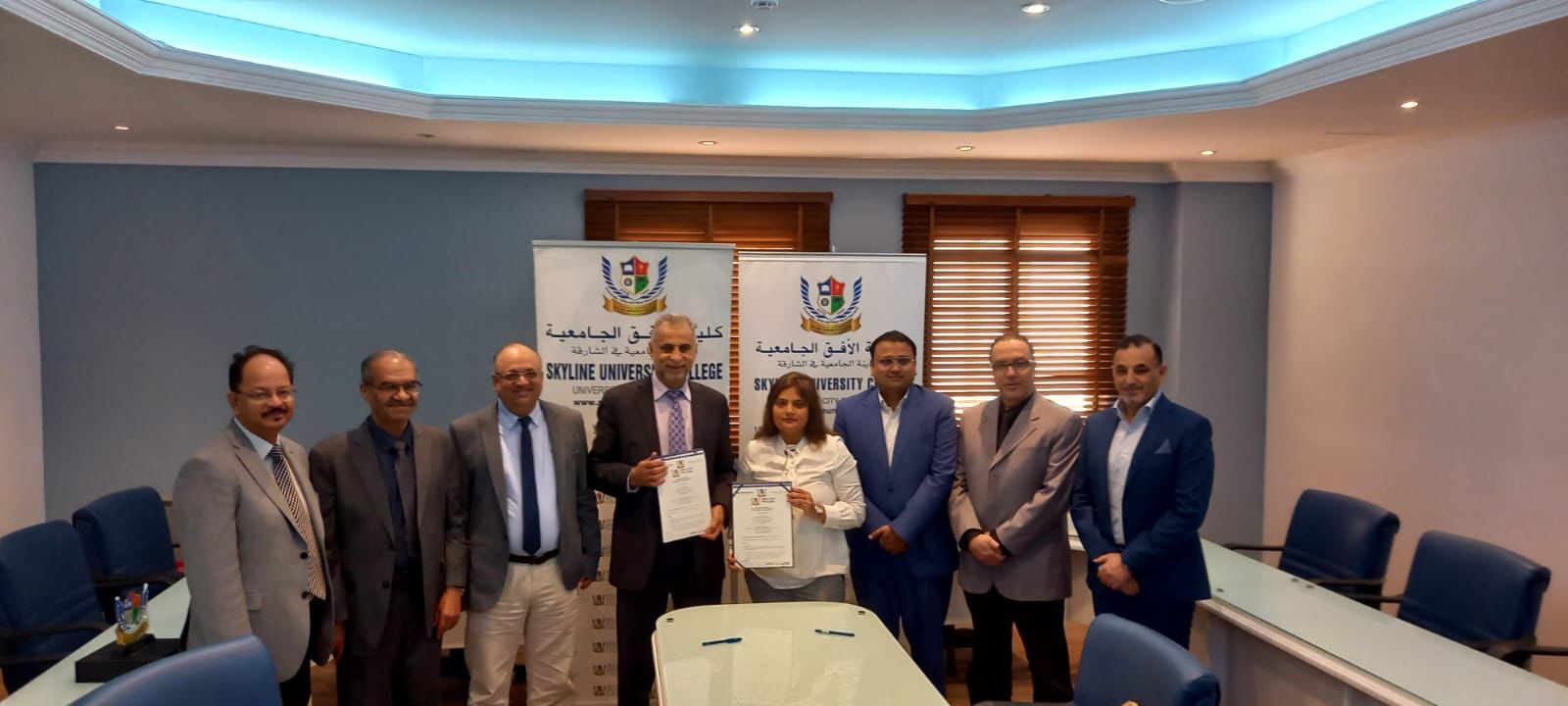About Us
Kuwait, like many other countries, has experienced different economic paradigms and phases throughout its history. The economic paradigm in Kuwait has largely been shaped by its vast oil reserves, which have made it one of the wealthiest countries in the world. Here are some key aspects of Kuwait’s economic paradigm:
Oil Dependency: Kuwait’s economy has historically been heavily dependent on oil exports. Oil revenues have been the primary driver of economic growth, government revenues, and overall prosperity in the country. Kuwait is a member of the Organization of the Petroleum Exporting Countries (OPEC) and has significant crude oil reserves.
Rentier State Model: Kuwait is often categorized as a “rentier state” due to its heavy reliance on oil rents. The government derives a substantial portion of its income from oil exports and then redistributes it to citizens through generous welfare programs, subsidies, and public services. This model has contributed to a relatively high standard of living for Kuwaiti citizens.
Diversification Efforts: Recognizing the risks associated with over-dependence on oil, Kuwait has made efforts to diversify its economy. These efforts include investments in sectors such as finance, real estate, and tourism. The Kuwait Vision 2035 plan, introduced in 2017, aims to reduce the country’s reliance on oil and develop a more diversified and sustainable economy.
Financial Services: Kuwait has developed a strong financial sector, with a focus on banking and investment. The Kuwait Stock Exchange (Boursa Kuwait) is one of the largest in the region. The country has also established itself as a regional financial hub.
Infrastructure Development: Kuwait has invested in infrastructure projects to support economic growth, including the construction of highways, ports, and airports. The government has also promoted public-private partnerships (PPPs) to facilitate infrastructure development.
Economic Challenges: Despite its wealth, Kuwait faces some economic challenges. These include managing its oil wealth effectively to ensure intergenerational equity, addressing demographic issues (such as a large expatriate population), and improving the business environment to attract foreign investment.
Political Stability: Kuwait’s political stability has played a crucial role in its economic paradigm. The country has a constitutional monarchy with a relatively open political system, which has contributed to a stable investment climate.
Services
Insights
Global Awards & Recognition
With a focus on financial sector including Banks, Finance Companies, Insurance Companies, Investment Companies and MTO’s, AJMS has developed a strong suite of products and services with the support of its highly experienced team to provide a strong value proposition for its clients.
With a focus on financial sector including Banks, Finance Companies, Insurance Companies, Investment Companies and MTO’s, AJMS has developed a strong suite of products and services with the support of its highly experienced team to provide a strong value proposition for its clients.


Our Offices
Kuwait
- support@ajmsglobal.com
- PEARL 2 Tower - Floor 12 - Office 1 – Ali, Al Salem St. - Al Qibla - Kuwait City



























